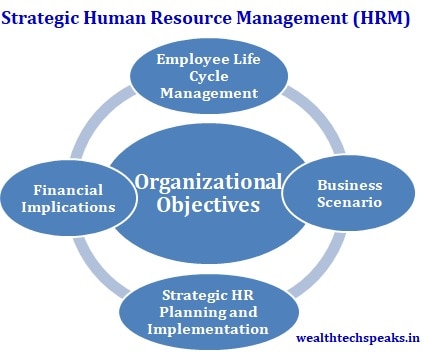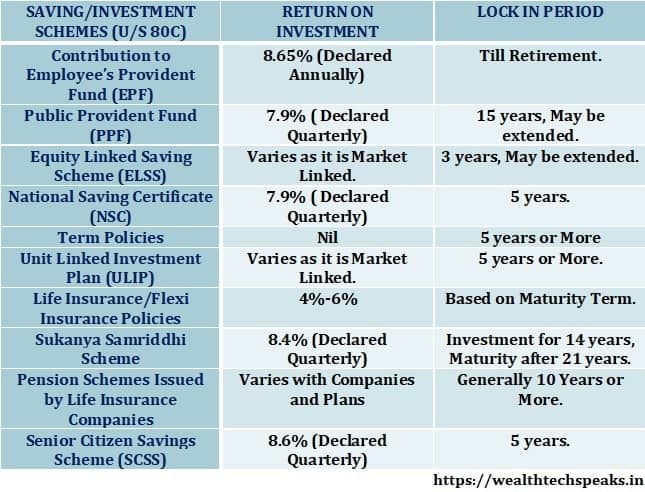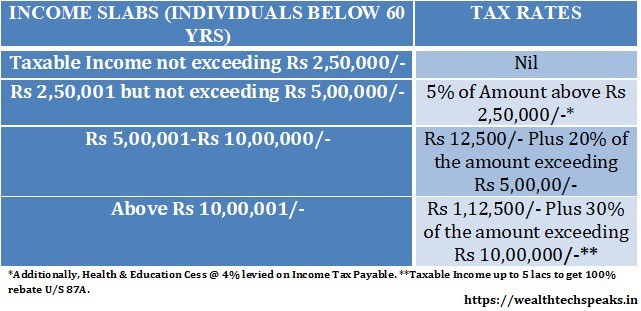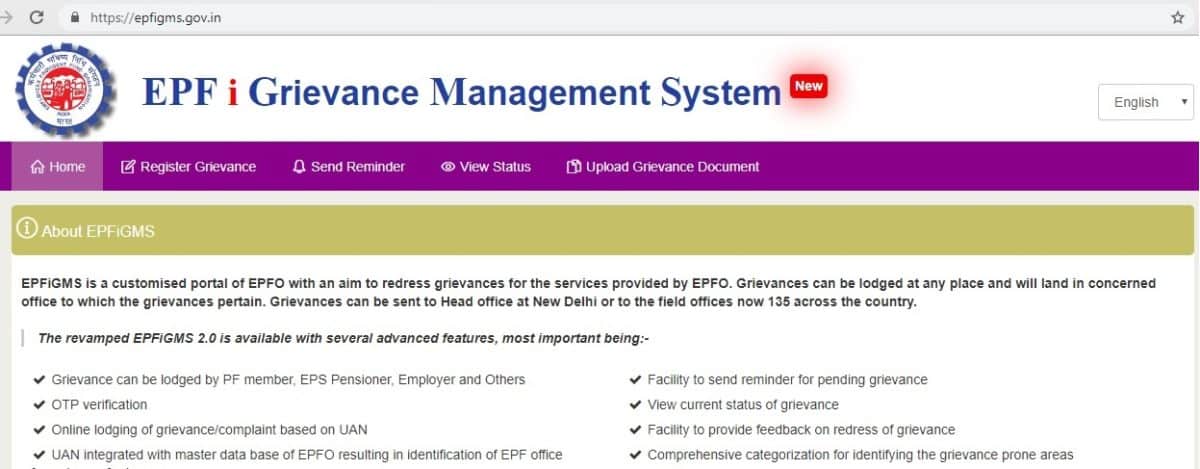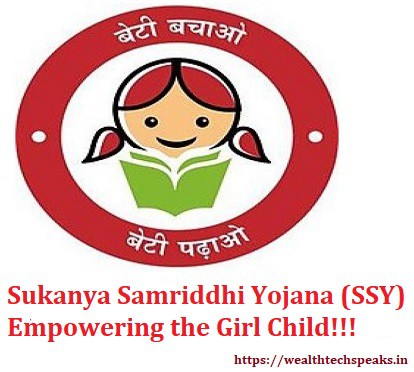
Payment of Gratuity Act
- Posted By Amritesh
- On December 15th, 2017
- Comments: 4 responses
Gratuity is a benefit extended to the Employees in gratitude of the service rendered to the Organization/Employer. Gratuity like other Statutory Benefits like Provident Fund and Pension Fund is received by the employee at the end of their employment tenure. Gratuity Act was introduced in 1972 as Payment of Gratuity Act, 1972.
However in the Appointment Letter, Annual Increment letter you will find CTC includes the Gratuity as well. In fact, while arriving at Cost to Company (CTC) for an employee, the gratuity is calculated as 4.83% of the Salary. Thus it is a component of Individual’s Compensation package (Salary).
Calculation of Gratuity Benefits
Now let’s understand the Gratuity Act and benefits for the employees’.
Applicability
The Act is applicable to:-
Every factory, mine, shop, plantation, oilfield and any establishment governed by Shops and Establishment Act of the State.
Any establishment wherein 10 or more persons are employed, or were employed on any day preceding 12 months and which is so notified by Central Government.
Act is also applicable to Chamber of Commerce, Motor Transport, Local Bodies and Solicitors Offices employing more than 10 persons.
Employees Benefit
Every employee is entitled to receive gratuity irrespective of his/her wages after he/she has rendered continuous service for 5 years or more.
Gratuity is payable at the time of termination of his/her services, either i) On Superannuation, or ii) On Retirement or Resignation or iii) On death or disablement due to accident or disease.
However condition of 5 years continuous service is not necessary if service is terminated due to death or disablement.
Eligibility For Gratuity
Any Employee who has been in continuous service of 5 years or more is eligible for Gratuity.
In case, an employee has served for a period less than 5 years, he/she will still be eligible for Gratuity provided following condition is satisfied;
Employee during the period of twelve calendar months preceding the date with reference to which calculation is to be made, has actually worked under the employer for not less than;
(i) one hundred and ninety days, in the case of an employee employed below the ground in a mine or in an establishment which works for less than six days in a week; and
(ii) two hundred and forty days, in any other case.
Employee, working in a seasonal establishment, is not in continuous service, for any period of one year or six months, he shall be deemed to be in continuous service under the employer for such period if he has actually worked for not less than seventy-five per cent of the number of days on which the establishment was in operation during such period.
Continuous Service: Meaning
According to Section 2A of the Payment of Gratuity Act, An employee is considered to have rendered continuous service if,
If he/she has been in uninterrupted service, including service interrupted by sickness, accident, absence from duty with or without leave, lay off, strike, lockout, or cessation of work not due to the employees’ fault.
Computation of Gratuity
An Employee eligible for Gratuity is entitled for every completed year of service or part thereof in excess of six months, the employer shall pay gratuity at the rate of fifteen days’ wages based on the rate of wages last drawn by the employee concerned.
In the case of a piece-rated employee, daily wages shall be computed on the average of the total wages received by him for a period of three months immediately preceding the termination of his employment, without taking overtime work into consideration.
In the case of an employee who is employed in a seasonal establishment, and who is not so employed throughout the year, the employer shall pay the gratuity at the rate of seven days’ wages for each season.
The amount of gratuity payable to an employee shall not exceed Twenty Lakhs rupees.
[Gratuity Calculation Method to shared in the next post]
Compulsory Insurance
As per applicability which may be notified by the appropriate Government on this behalf, every employer, other than an employer or an establishment belonging to, or under the control of, the Central Government or a State Government, shall, obtain an insurance in the manner prescribed, for his liability for payment towards the gratuity under this Act, from the Life Insurance Corporation of India (LIC) or any other prescribed insurer.
Exemption to the above clause will be applicable if the Employer has already established an approved Gratuity Fund for the Employees.
Administrative Authority
Provisions of the Gratuity Act are enforced by both the Central and State Governments.
Deductions Permissible from Gratuity
Gratuity of an employee whose services have been terminated for any willful omission or negligence causing any damage, loss or destruction of Employer’s Property, can be reduced to the extent of such damage.
Forfeiture of Gratuity
Gratuity may be wholly or partly forfeited if the termination of service is due to employees’ riotous or disorderly behavior or any offence of moral turpitude committed in course of employment.
Nomination
Every employee is required to submit his nomination in the prescribed form in duplicate to his employer, within 30 days of the completion of one year of service.
Time Limit for Applying and Payment
Employee should within 30 days of Gratuity becoming payable apply in prescribed form. The application should be sent to the employer.
However in case of superannuation or retirement application can be made even 30 days before such date.
A Legal heir may apply within one year from the date gratuity becomes payable.
Employer should pay the gratuity within 30 days from the date it becomes payable or after such date along with Simple Interest of 10% p.a.
Penalties
Any Employer found to be violating the provisions laid down in the Gratuity Act is liable to be punished with imprisonment term, or fine or both.

